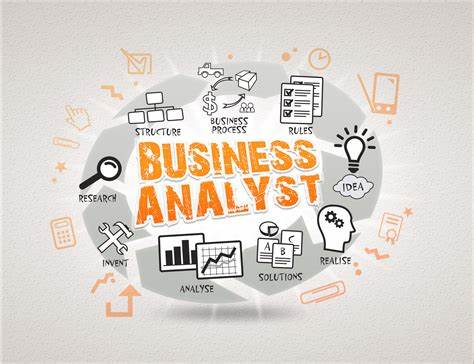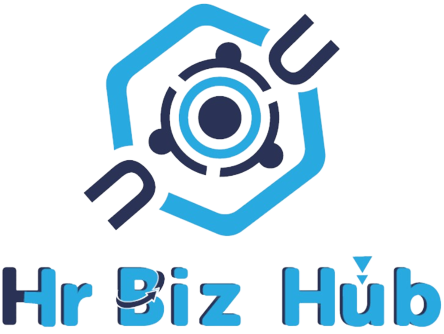As a Business Analyst, there are several key skills that are important to have. Here are
some of the most essential ones:
1. Analytical Skills: As a Business Analyst, you should have strong analytical skills to
identify problems, evaluate alternatives, and recommend solutions. This includes the
ability to analyse data and create meaningful insights.
2. Communication Skills: Business Analysts should have excellent communication
skills, both verbal and written. This includes the ability to clearly explain complex
ideas, facilitate meetings, and write clear and concise reports.
3. Stakeholder Management: Business Analysts should be able to manage
relationships with stakeholders, including business users, IT professionals, and
executives. This includes the ability to understand their needs, negotiate priorities,
and resolve conflicts.
4. Business Process Modelling: Business Analysts should be able to model business
processes using techniques such as flowcharts, activity diagrams, or use cases. This
includes the ability to identify opportunities for process improvement and document
business requirements.
5. Project Management: Business Analysts should have an understanding of project
management principles, including planning, scheduling, risk management, and
stakeholder engagement.
6. Data Analysis: Business Analysts should have the ability to analyse data using tools
such as Excel or Tableau. This includes the ability to create reports and visualisations
that help stakeholders make informed decisions.
7. Continuous Learning and Improvement: Business Analysts should have a
willingness to learn and keep up-to-date with new technologies, tools, and techniques
to improve their skills and knowledge.
Overall, a good Business Analyst should have strong analytical skills, communication skills,
stakeholder management skills, business process modelling skills, project management
skills, data analysis skills, and a willingness to learn and improve. These skills are essential
to understanding business needs, identifying opportunities for improvement, and delivering
solutions that meet stakeholder needs.




